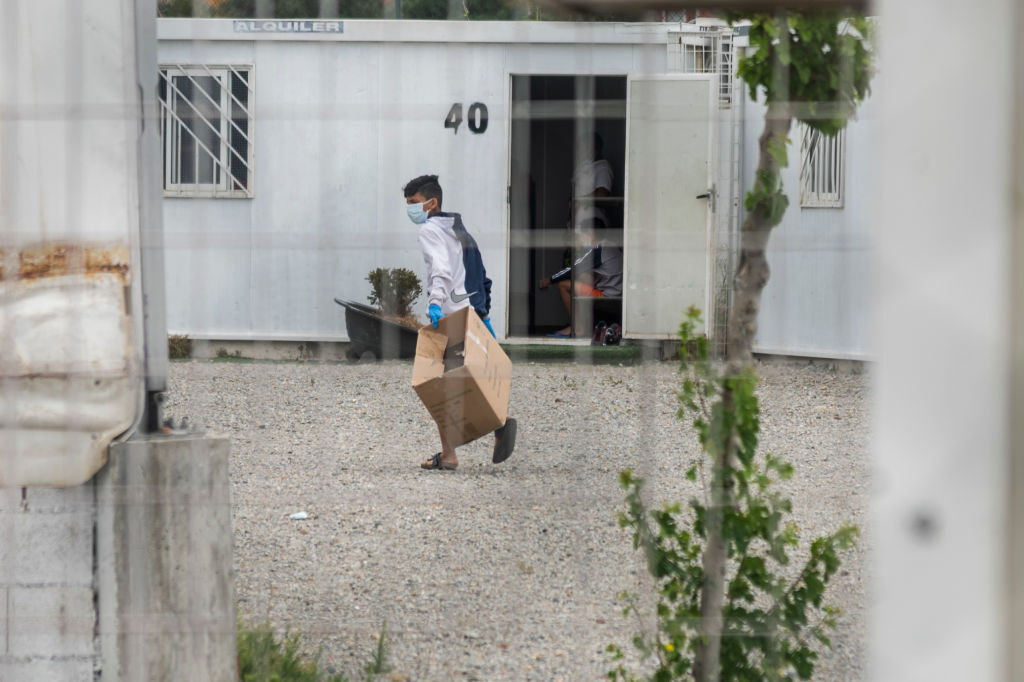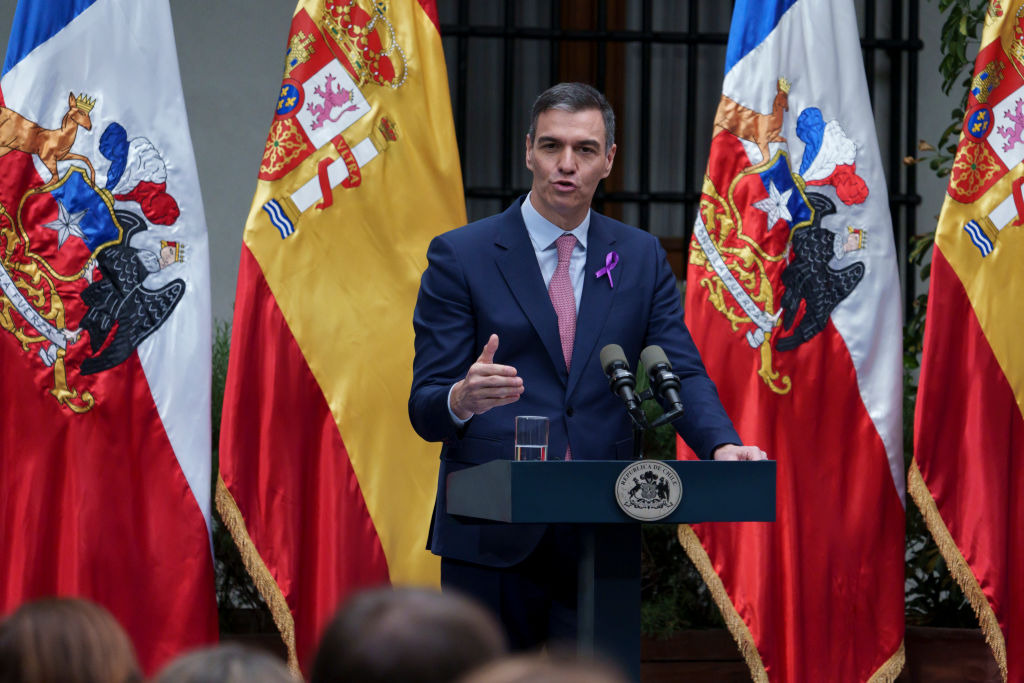The Spanish Government is set to disburse €35 million to its regions to support the reception of unaccompanied migrant minors who are currently on Spanish territory.
Prime Minister Pedro Sánchez’s Council of Ministers approved the measure on a meeting on September 3.
Most of these migrants are currently in the Canary Islands and the Autonomous City of Ceuta, a Spanish enclave in the North African coast.
The Spanish Government is set to allocate €15 million directly to the regional governments of the Canary Islands, Ceuta and Melilla, Spain’s current incoming-migrant hotspots.
The other €20 million will go to the relocation of some 400 migrant minors to the rest of Spain’s autonomous communities.
The funds are set to cover expenses related to the migrants’ relocation, as well as legal services.
The government spokesman and education minister Pilar Alegría said these funds were designed to “reinforce the attention and protection” of “this especially vulnerable group”.
The Socialist-led Spanish Government announced the measures a day after the regional government of the Canary Islands launched a “judicial process against the State”.
Canarian President Fernando Clavijo said the Spanish Government “… has left us abandoned”.
Clavijo said the Canarian administration had so far spent €150 million to deal with the crisis. The funds the islands’ government will receive from the new measures amounts to some 6 per cent of what it has spent so far.
Clavijo also announced that incoming migrant minors would now be placed in police custody and asked NGOs to not accept any new migrants unless they had obtained express authorisation from the regional government to come to the island.
He said dealing with “abandoned” migrants still fell within the scope of responsibility of the regional government. According to Clavijo, the non-abandoned migrants who arrived in boats to the islands did not fall under this category and were therefore responsibility of the Spanish State.
Alegría said Clavijo was “making a mistake” in filing legal proceedings against the national government.
She also criticised the centre-right Partido Popular (PP), the largest opposition party, and asked its members for “more responsibility and solidarity” in regards to the “more than 6,000 boys and girls who require care and attention”.
The leader of the PP, Alberto Núñez Feijóo, supported Clavijo’s proposals, calling them “reasonable”. The PP had accepted a preliminary Socialist Party minors’ redistribution plan in mid-July.
The party has, though, maintained that the Sánchez government uses the issue of migration as a “political weapon” against the PP at what it called the expense of the “dignity and suffering of many”.





